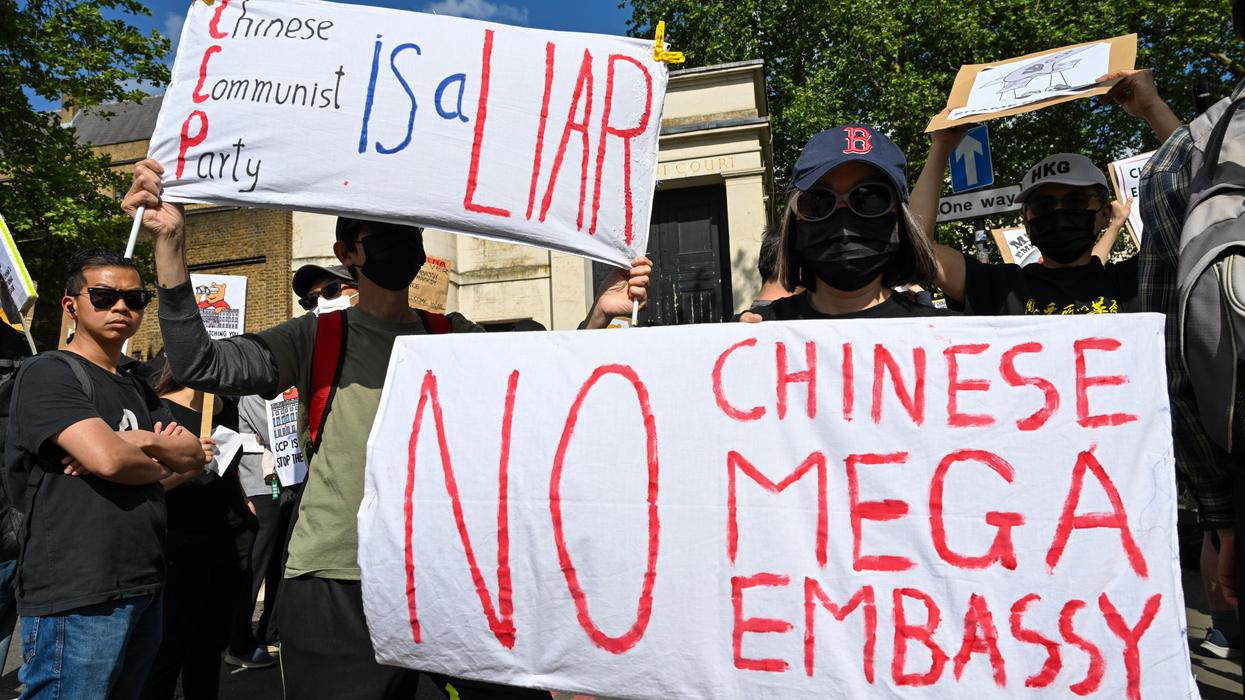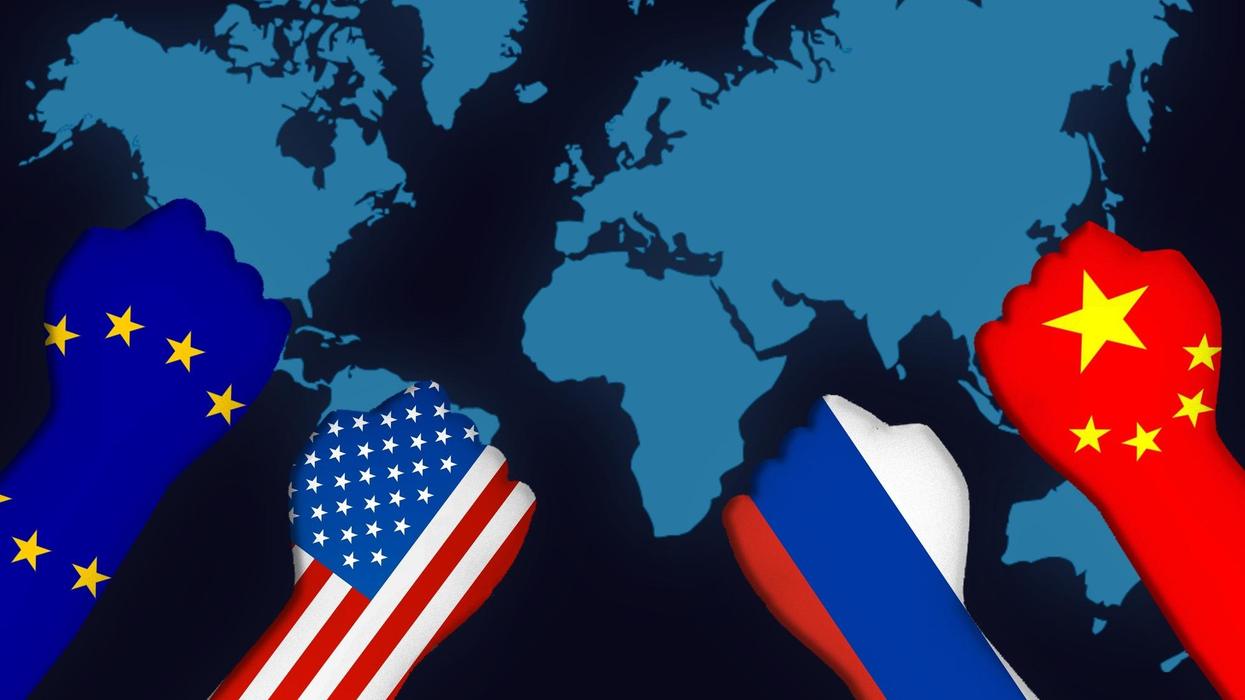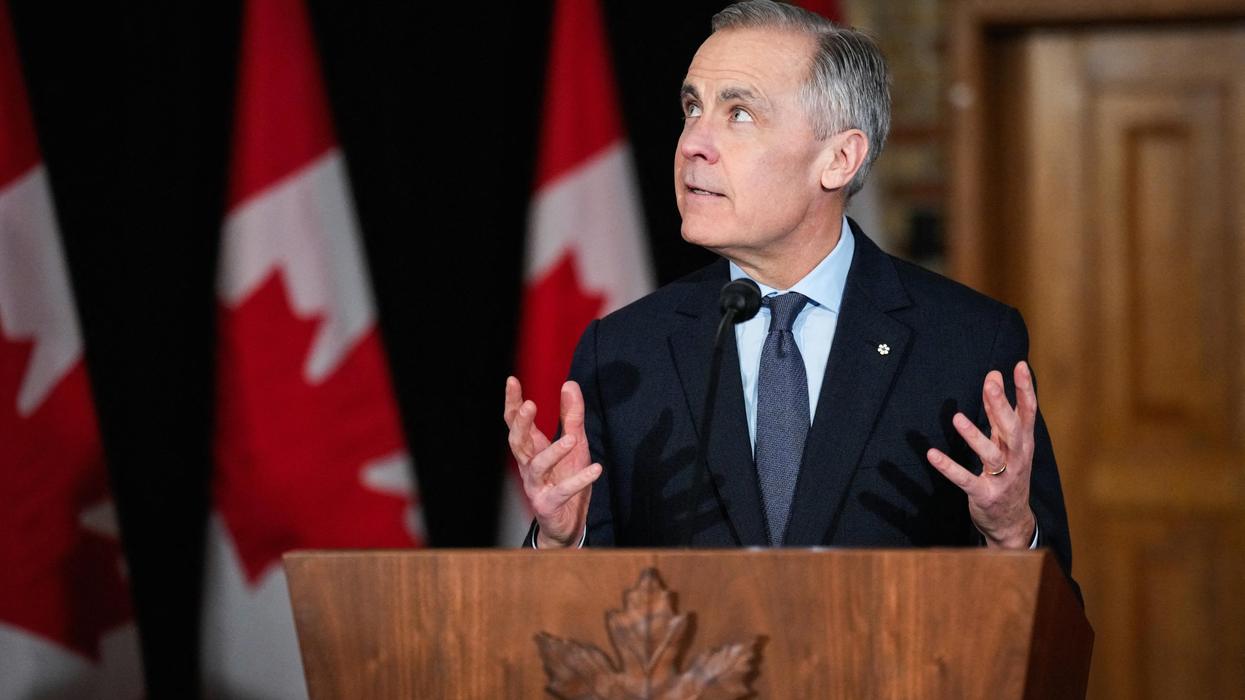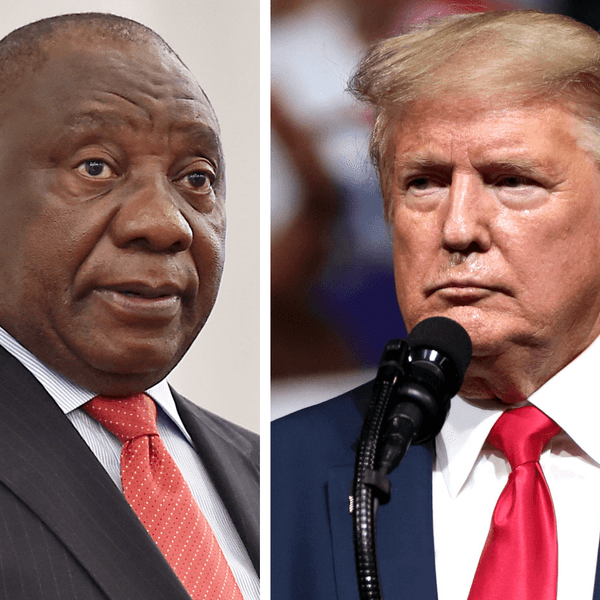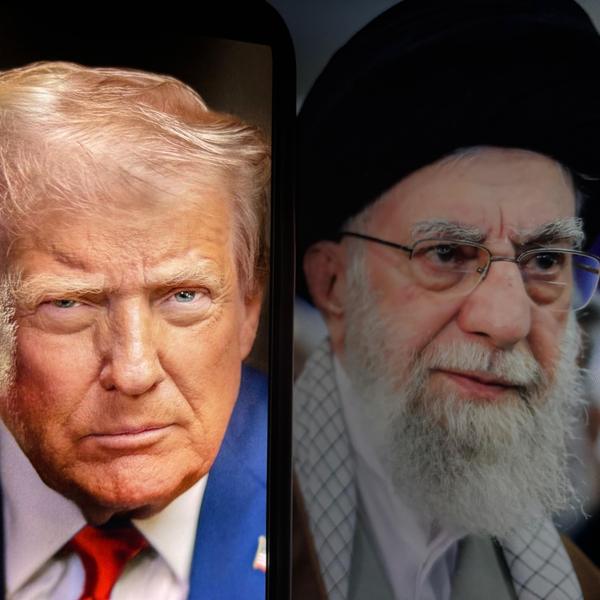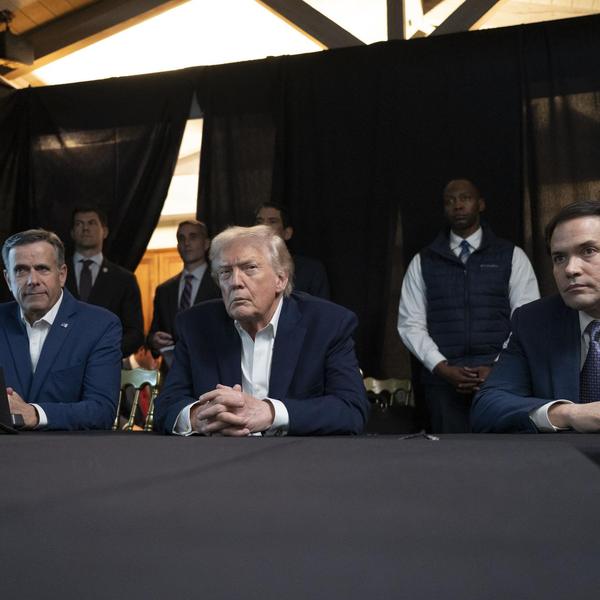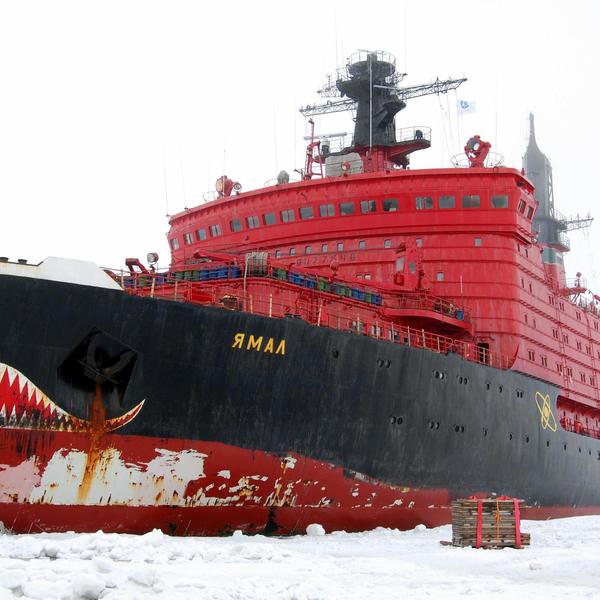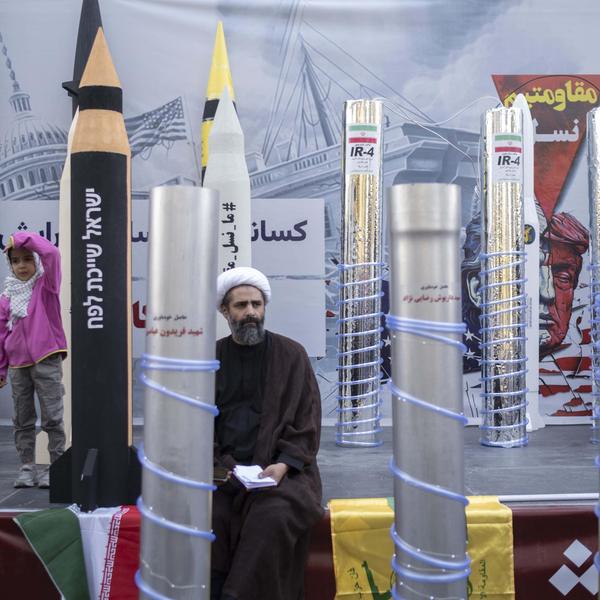Before the summer, we had the broad outline of what the endgame of the war in Ukraine would look like: Kyiv would train and build up its forces, launch a summer offensive, reclaim as much territory as it could, and finally enter peace talks with the strongest negotiating hand possible and bring the war to a close.
Now, two months into that offensive and with summer’s end nearing, that scenario looks increasingly unlikely. The Ukrainian offensive has by all accounts stalled, as often exhausted, inexperienced, and hastily trained troops are running headfirst into dug-in and heavily mined Russian defenses, at horrific human cost.
This is all being reported, too, in major American media, including CNN, the Washington Post and the New York Times. These and other outlets, which have been explicitly supportive of Ukraine’s war effort, have begun painting quite a bleak picture of the situation on the ground.
Ukrainian forces are expending materiel at an unsustainable rate, using up 90,000 shells a month when the Pentagon is only producing a third of that, while 20 percent of the NATO weaponry it deployed was damaged or destroyed in the first two weeks. In light of the limited gains made by the offensive, President Joe Biden is now asking Congress for $20.6 billion more in aid for Ukraine, stressing that “the United States is committed to maintaining strong global opposition to Russia’s illegal war.”
The question is, where is all of this going and how is it going to end?
Earlier reporting from the Washington Post indicated that U.S. officials had told Ukrainian President Volodymyr Zelensky he likely had until the end of summer to make as much progress as possible before U.S. support for military aid dried up and he’d be forced to negotiate.
But at the same time, the White House continues to insist it will support the Ukrainian war effort “as long as it takes,” with an unnamed senior official telling CNN on Aug. 10 that “we don’t know how much longer this war is going to go on,” but that the White House “won’t be bashful about going back to Congress beyond the first quarter of next year if we feel like we need to do that.” This would fit with a leaked Defense Intelligence Agency assessment back in April that concluded that peace talks were unlikely this year “in all considered scenarios.”
Perhaps the administration simply wants to publicly exude resolve. But there is also the chance that this is more than just posturing.
Partly because of the hyperbolic rhetoric the administration and NATO allies have deployed to sell the urgency of continued military aid, the public has been led to believe the outcome of the war matters not just to Kyiv and its recapture of lost territory, but carries existential stakes for U.S. security, the entire global order, even democracy itself.
Over the last few days, National Security Council spokesman John Kirby urged those worried about the price tag of continuing aid “to consider what those costs — not just in treasure but in blood, perhaps even American blood — could be if Putin subjugates Ukraine and then sets his sights on our NATO allies,” and warned that “if we just sit back and we let Putin win, we let him take Ukraine, where does it stop next?”
Extricating the United States from the war, in other words, will require the administration to abruptly pivot away from claiming the very future of global peace and democracy hinges on Russian defeat — or, as President Biden said while visiting Poland this February, that “what literally is at stake is not just Ukraine, it’s freedom.”
After a year of such talk, the White House will have to suddenly persuade the public that the stakes involved are, in fact, substantially more modest than what it’s been claiming.
Yet such maximalist talk is now conventional thinking in the U.S. political landscape. Republican presidential contender Chris Christie recently met with strong agreement from the liberal hosts of MSNBC’s Morning Joe when he charged that, should the United States “cut and run” from Ukraine, it would trigger a Chinese invasion of Taiwan (which, he argued, would inevitably necessitate sending “American men and women” to fight Chinese troops) and lead currently friendly governments in the Middle East to abandon the United States for China.
That the outcome in Ukraine will decide whether or not China invades Taiwan has been similarly advanced by U.S. commentators, strategists, members of Congress, and even by the administration itself.
It’s not a leap to hear in these words — and those of NATO officials — the echoes of the Cold War-era “domino theory,” the discredited doctrine that led the United States to get pulled into the disastrous Vietnam war.
Even if officials don’t truly believe U.S. and European security is on the line, it’s clear something else might be: The prestige and credibility of the United States and NATO. Just as the support for Ukraine has re-energized and, at least publicly, unified the alliance, bringing the war to a close after a failed offensive and with Ukrainian control over its territory far from restored, could have the opposite effect.
Worse, any Russian successes — whether real or perceived — could be viewed as politically unacceptable or even humiliating for NATO’s leadership, along with exposing divisions that have until now been largely suppressed. Fear over loss of prestige and credibility was one of the factors that kept U.S. involvement in Vietnam going and going, as it did for Iraq, Afghanistan and other wars.
Meanwhile, reporting suggests that, rightly or wrongly, the president views the outcome on the battlefield as important to his chances of reelection next year. Yet recent polling has a majority of Americans, including 71 percent of Republicans and 55 percent of independents, opposing further military aid to Ukraine, while it’s Democrats that are most supportive.
This may put the White House in a difficult bind: Move to end the war on terms less favorable to Ukraine than earlier promised, and the administration will face an onslaught of criticism not unlike that which followed the Afghanistan withdrawal, including from his own base; but keep the war going in the hope of later success, and the public mood may further sour on the war, hurting his reelection chances anyway. In addition, as Poland’s build-up of troops on its border with Belarus reminds us, a prolonged war carries umpteen chances for the kind of escalation that could force NATO states to decide whether or not to make good on their Article V commitments.
One thing is for sure: The longer the administration waits to lay the groundwork for ending the war diplomatically, both publicly and behind the scenes, the harder it will be to do, with the steepest costs borne by the Ukrainian people. Let’s hope that if a plan B does exist, the White House is simply keeping it close to the chest.


